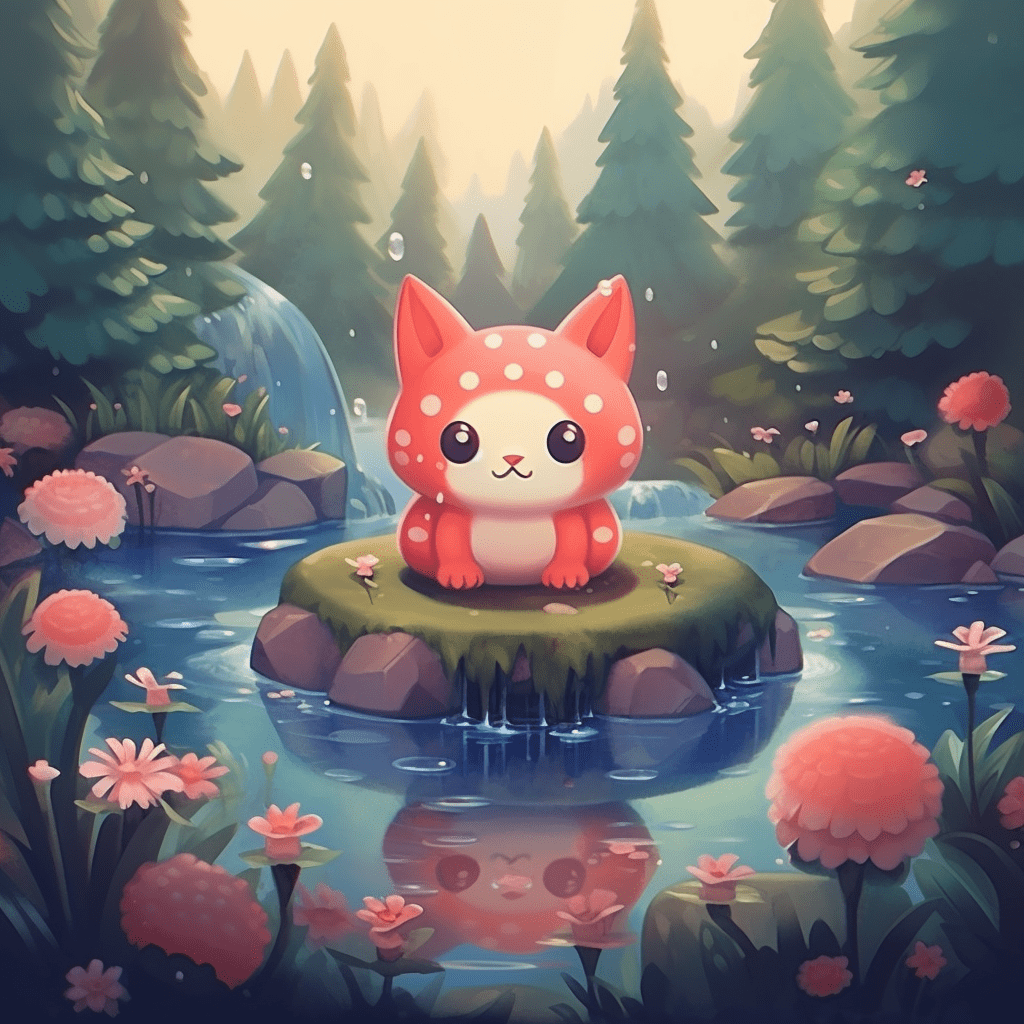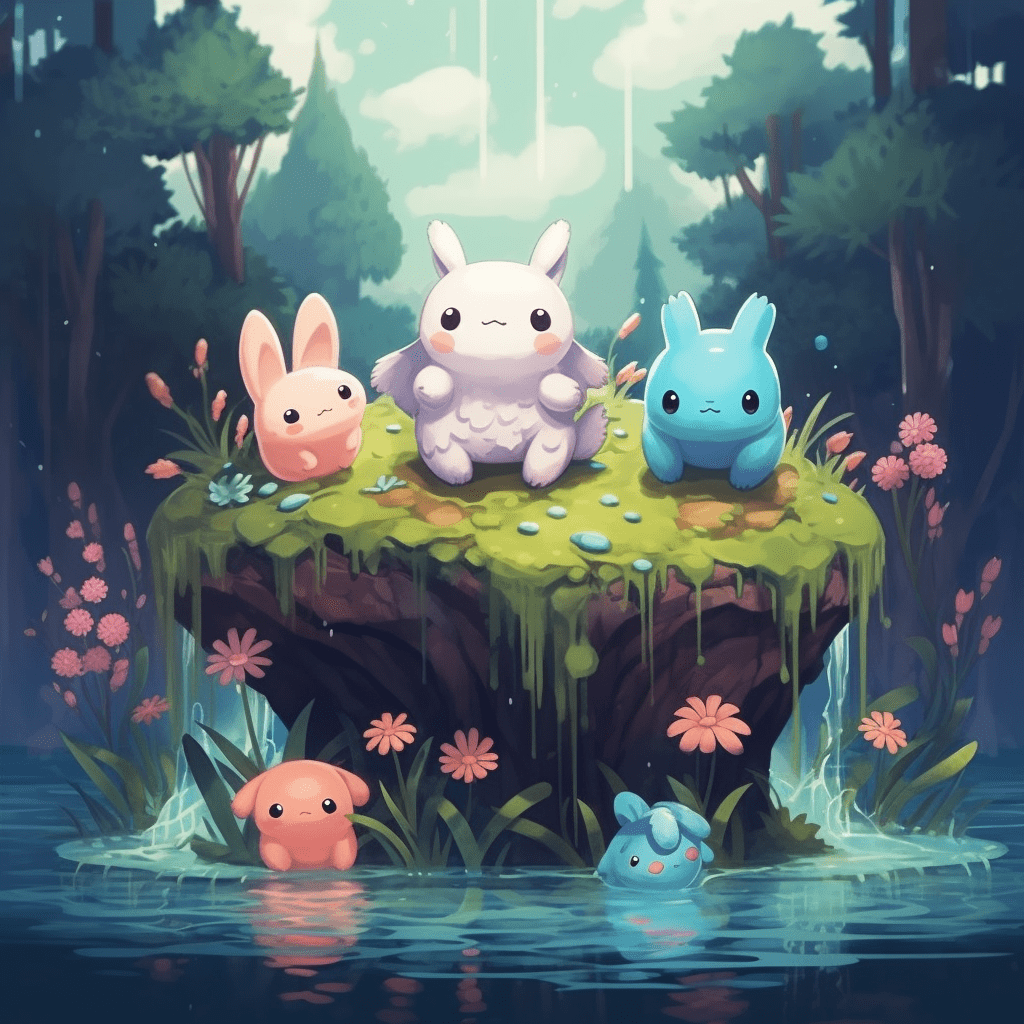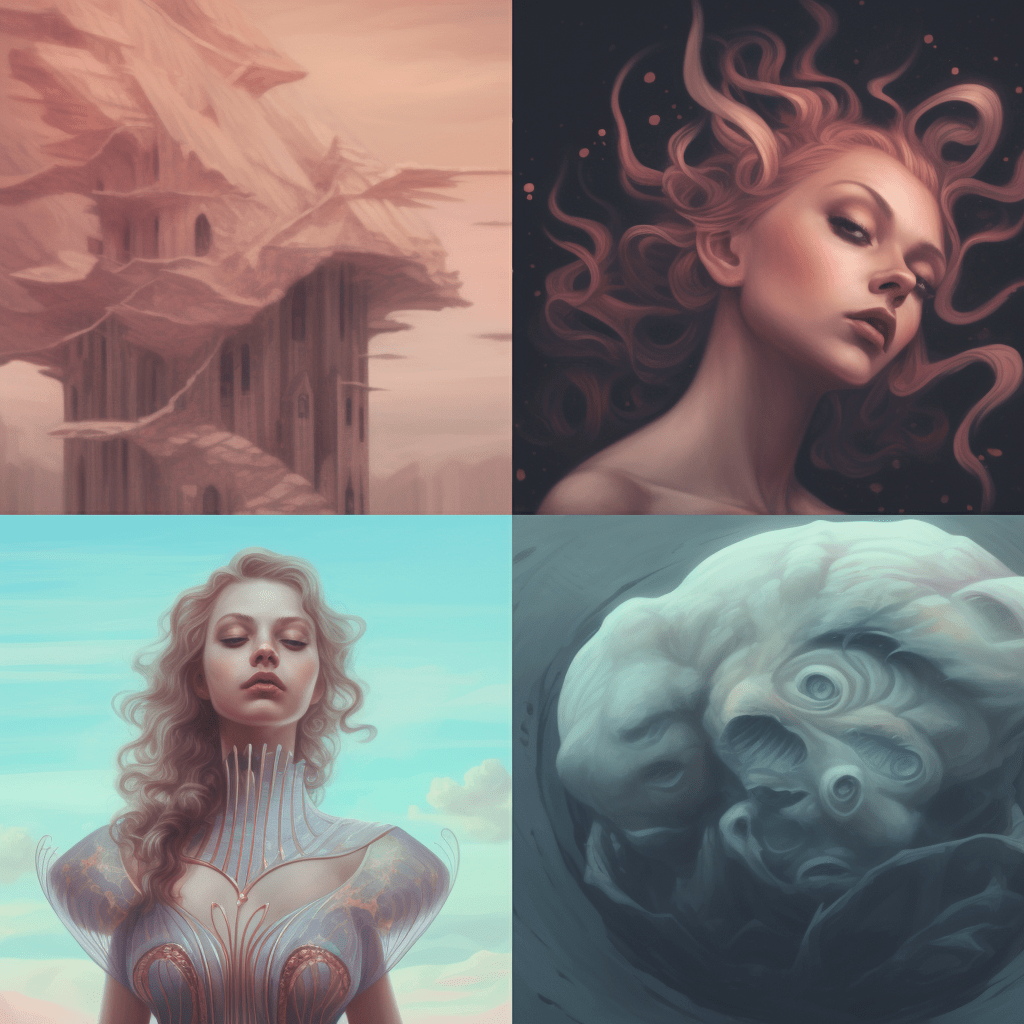
In recent years, the world has seen a surge of interest in non-fungible tokens (NFTs). These unique digital assets have taken the internet by storm, with many people trading, collecting, and creating NFTs as a form of art, investment, or just for fun. One area that has garnered significant attention is the use of random NFT generators. These tools help users create one-of-a-kind NFTs by combining different attributes and designs. In this article, we’ll explore the future of NFTs and the role random NFT generators will play in shaping the ever-evolving world of digital art and collectibles.
The Growing Popularity of NFTs
NFTs represent a paradigm shift in how we think about digital assets. Unlike cryptocurrencies, such as Bitcoin or Ethereum, NFTs cannot be exchanged on a one-to-one basis, as each one holds a unique value. This uniqueness makes NFTs particularly attractive for digital art, collectibles, and other creative assets that can be easily traded and verified on the blockchain.
The popularity of NFTs has skyrocketed in recent years, with some high-profile sales reaching astronomical prices. This surge in interest has led to a wave of innovation, as artists, developers, and collectors alike seek to explore the potential of this new medium.
Random NFT Generators: Unlocking Creativity and Customization

As the NFT market continues to evolve, random NFT generators have emerged as a popular tool for creating one-of-a-kind digital assets. These generators allow users to create NFTs by selecting different attributes, such as colors, shapes, and patterns. The result is a unique piece of digital art or a collectible item that can be bought, sold, and traded on the blockchain.
Random NFT generators have become particularly popular in the world of gaming, where players can use them to create customized in-game items, characters, or even entire virtual worlds. This level of personalization and customization adds a new layer of depth to the gaming experience, as players can truly make their mark on the game world.
The Role of AI and Machine Learning in NFT Generation
One of the most exciting developments in the world of random NFT generators is the integration of artificial intelligence (AI) and machine learning technologies. By harnessing the power of these advanced algorithms, NFT generators can create truly unique and intricate designs that would be difficult, if not impossible, for a human artist to replicate.
AI-driven NFT generators can analyze vast amounts of data and learn from previous designs, allowing them to create increasingly complex and visually appealing NFTs over time. This opens up a world of possibilities for artists, collectors, and developers, who can now access a virtually limitless source of creative inspiration.
Environmental and Ethical Considerations

As the NFT market continues to grow, concerns have been raised about the environmental and ethical implications of this burgeoning industry. The process of minting, trading, and verifying NFTs on the blockchain consumes a significant amount of energy, which has led to criticism from environmentalists and calls for more sustainable practices.
In response to these concerns, many projects and platforms in the NFT space have started to adopt eco-friendly solutions, such as using Proof of Stake (PoS) consensus mechanisms or carbon offsetting to reduce their environmental impact. Additionally, some random NFT generators are being designed with sustainability in mind, utilizing energy-efficient algorithms and encouraging users to create NFTs in a more environmentally conscious manner.
Another ethical consideration in the world of NFTs and random NFT generators is the potential for plagiarism and copyright infringement. As these tools become more sophisticated and accessible, there is a risk that unscrupulous users could use them to create and sell NFTs that infringe on the intellectual property rights of others. As a result, platforms and communities are developing mechanisms to ensure the authenticity of the work and respect for copyright laws.
Looking Ahead: The Future of NFTs and Random NFT Generators
The world of NFTs and random NFT generators is still in its infancy, but the potential for growth is enormous. As technologies continue to advance and more people become familiar with the concept of digital ownership, we can expect to see a wealth of new applications and use cases emerge.
From personalized gaming experiences and immersive virtual realities to unique digital art collections and innovative investment opportunities, the possibilities are endless. However, this growth must be balanced with a commitment to ethical and sustainable practices, ensuring that the future of NFTs and random NFT generators is not only exciting but also responsible and sustainable.
NFTs and random NFT generators are also likely to play a crucial role in the wider adoption of blockchain technology. By creating a tangible link between the physical and digital worlds, NFTs have the potential to make blockchain technology more accessible and understandable to the general public. This could lead to a greater acceptance and integration of blockchain technologies in everyday life, making the future of NFTs and random NFT generators a pivotal part of the digital landscape.
The future of NFTs and random NFT generators is a fascinating intersection of art, technology, and commerce, promising a vibrant and dynamic future for the world of digital assets.
